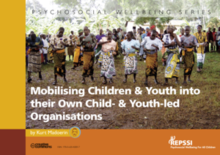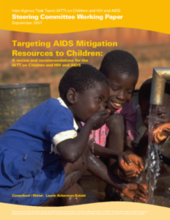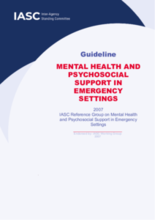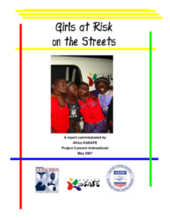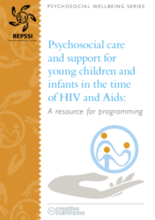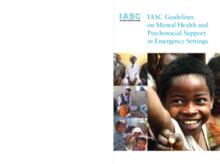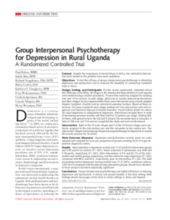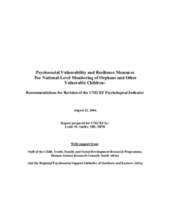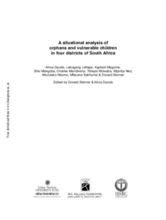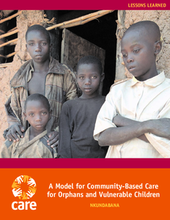Displaying 471 - 480 of 526
An overview of the development and benefits of child and youth-led organizations across Tanzania’s Kagera region, primarily for children who have lost one or both parents.
Evaluates AIDS mitigation and targeting with child sensitive objectives and global guidance
These guidelines reflect the insights of practitioners from different geographic regions, disciplines and sectors, and reflect an emerging consensus on good practice among practitioners. The core idea behind them is that, in the early phase of an emergency, social supports are essential to protect and support mental health and psychosocial well-being. In addition, the guidelines recommend selected psychological and psychiatric interventions for specific problems.
A report that identifies gaps and provides recommendations for protecting and supporting girls living on the streets. It provides models of good practices from Ghana, Kenya and Zimbabwe.
Clear programme guidance on psychosocial support, with a special focus on infants and young children. Excellent explanation of psychosocial support models.
Guidelines for a multi-sectoral response to the most urgent mental health and psychosocial issues in emergency situations.
Studies the efficacy of Group Interpersonal Therapy for severe depression in HIV-affected communities.
This document discusses the work contributing to the area of psychosocial measurement with regard to HIV/AIDS and provides samples of surveys that can be used in measurement.
Identifies strengths and weaknesses of services offered to OVC in South Africa. A detailed list of recommendations suggests improvements to services.
A lessons learned document reviewing impacts of a community-based care and mentoring program for child-headed households in Rwanda.

